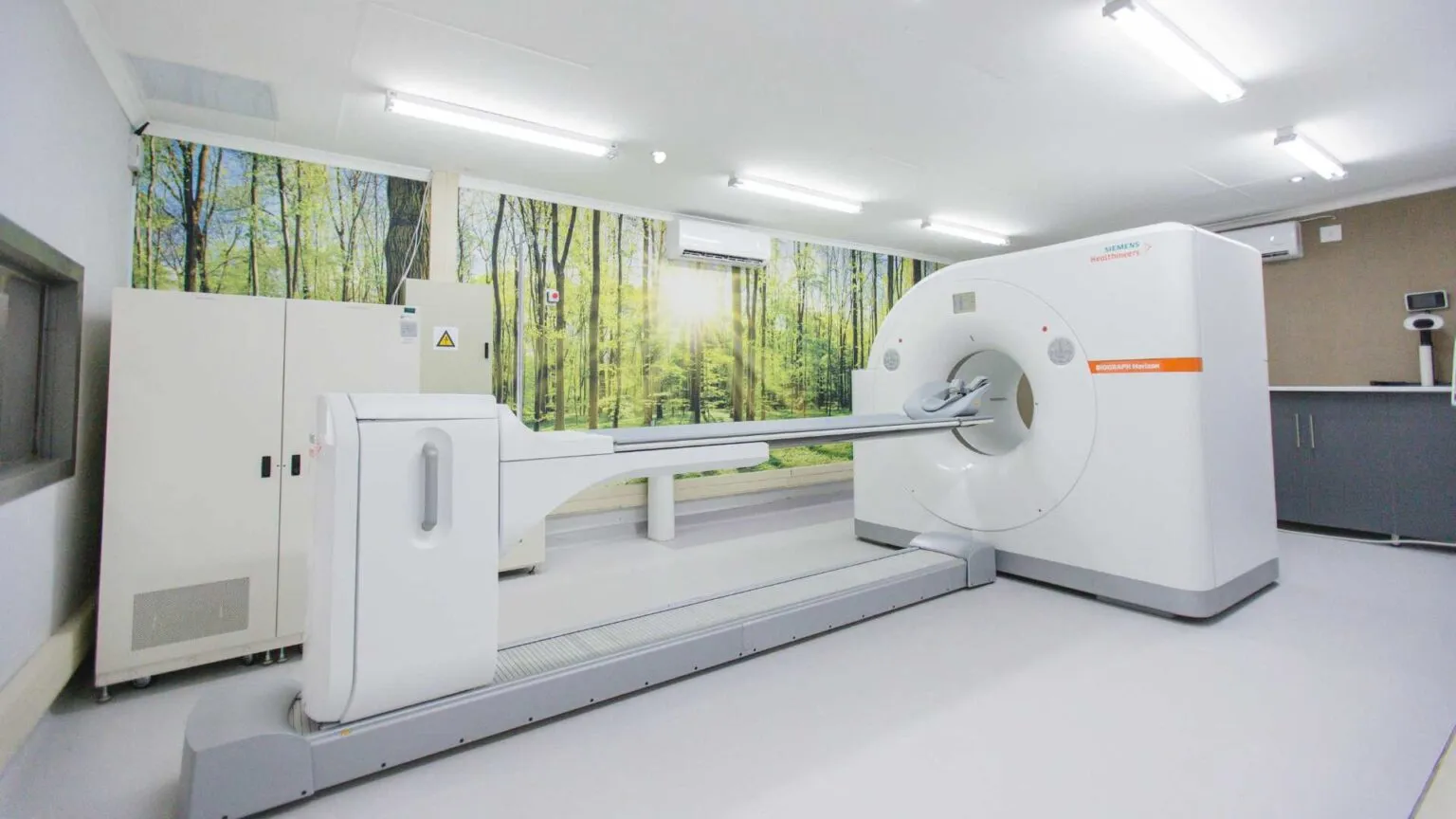MPA contraception, cancer treatment seen as safe, says Sahpra
The South African Health Products Regulatory Authority (Sahpra) says products with medroxyprogesterone acetate (MPA) are viewed as safe.
It has, however, recommended that the product information of products containing MPA be amended by updating the safety warnings to include the potential risk of meningioma.
MPA is a synthetic oral and injectable form of the hormone progesterone and is used for contraception and the management of endometriosis-associated pain. It is also indicated in the palliative treatment of recurrent and/or metastatic endometrial cancer, renal cancer and breast cancer in postmenopausal women.
MPA-containing products registered in South Africa are:
The regulator's comment comes after it was informed by a holder of a certificate of registration of regulatory action taken in Europe in respect of products containing MPA, noting the potential risk of meningioma.
The regulatory action, which entailed updating product labelling, was based on the results of two epidemiological studies conducted in France and the US which observed an increased risk of cerebral meningioma with prolonged use of MPA.
Increased risk of meningioma was also detected with prolonged use of other progesterones (medrogestone and promegestone). No medicines containing these substances are marketed in South Africa, the regulator said.
“Risk of adverse drug reactions associated with MPA A meningioma is a tumour, usually non-cancerous (benign), that arises from the membranes surrounding the brain and spinal cord. Signs and symptoms of meningiomas vary depending on the tumour’s location. Meningiomas are the only brain tumour more common among women than men. Meningiomas tend to occur in middle-aged and older adults,” said Sahpra.
“The available evidence suggests an increased risk of meningioma in people taking MPA is possible, but the development of meningioma is likely to be a rare event.
“Globally 32 cases have been reported in 20 years, between 2004 and 2024, which suggests the absolute risk of developing meningioma is small, given the widespread usage of MPA-containing products. No cases have been reported in South Africa.”
The regulator said the benefit-risk profile of registered MPA-containing medicines “remains favourable” and it believes “MPA is safe to use for its approved indications”.









